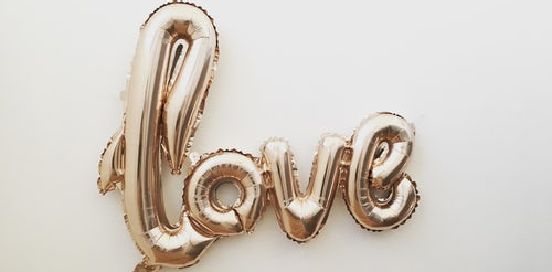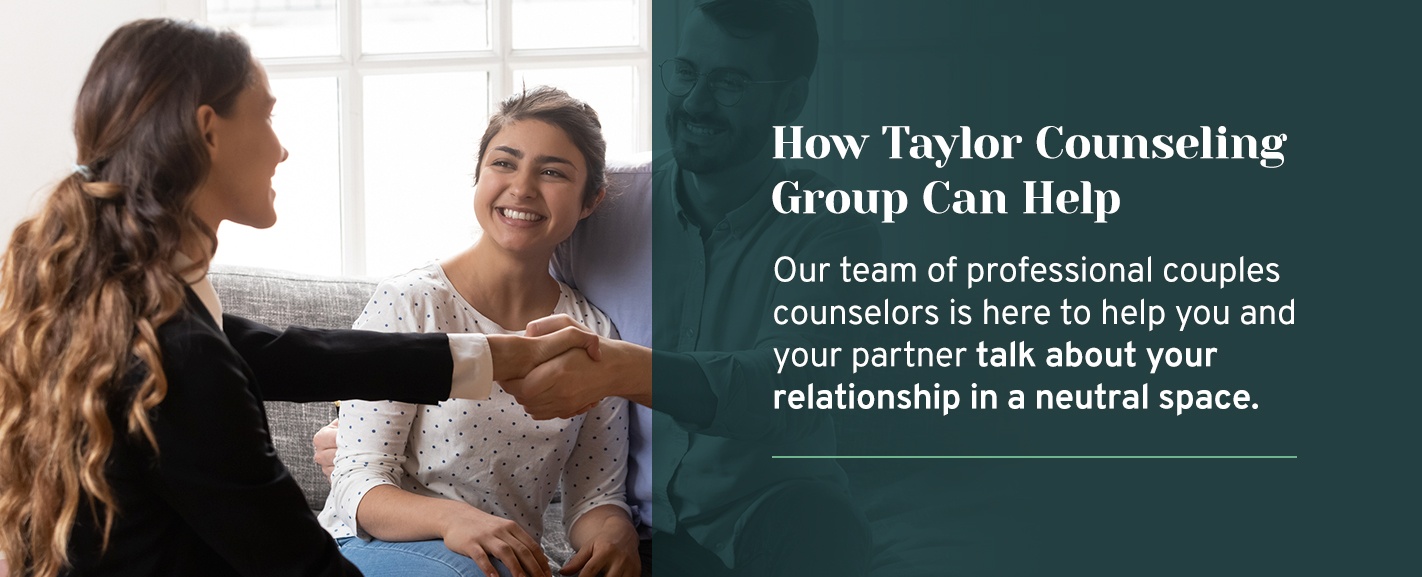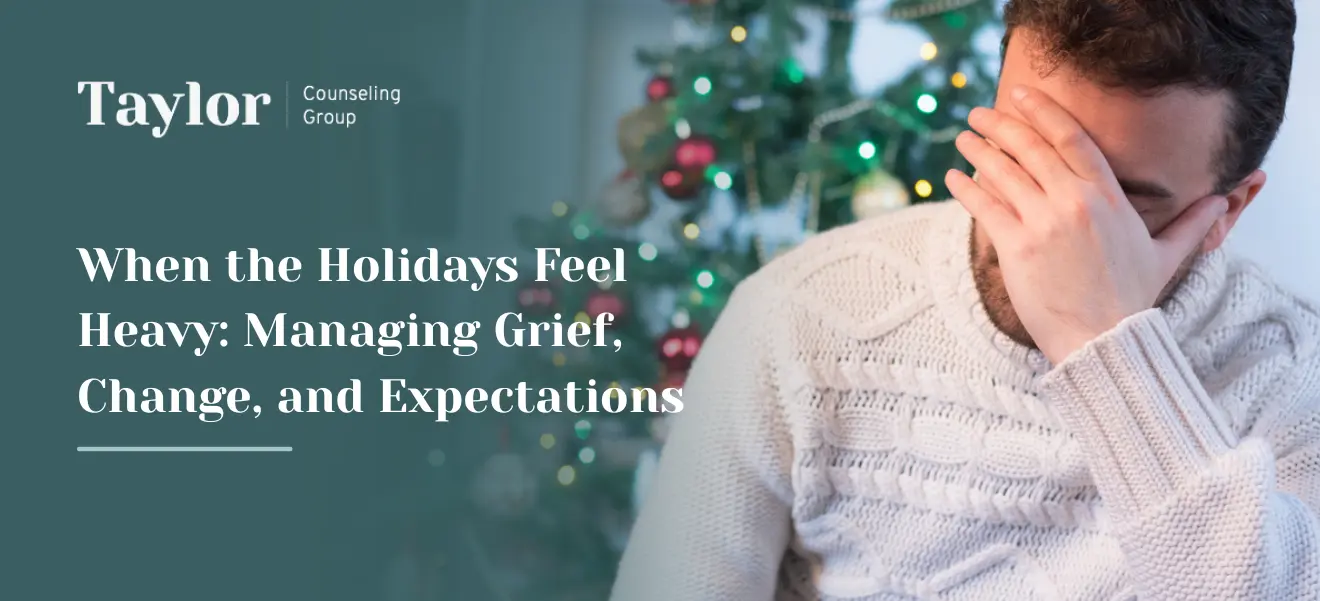There is a fine line between a relationship based on love and one based on possession, but it can be hard to see the difference between love and possession when the relationship is your own.
Possession involves deep passionate love, which you may mistake for love. When a possessive partner wants to know where you are every minute of the day, it can feel as though they want to protect or take care of you. In reality, this is a sign of controlling behavior, where they attempt to control your time and make themselves the center of your life.
Love has been defined by so many people and in so many ways. The dictionary defines it as an intense feeling of deep affection. At its core, love is an emotional response built on trust, mutual respect, and emotional boundaries. People have used love to solve problems, to justify problems, and to fix problems. The truth is love is our emotional reaction to someone or something.
Possession has been defined by people as owning and controlling someone or something. The dictionary defines it as the state of having, owning, or controlling something. The truth is we, as people, could be confusing love with possession.
We hear people say, ‘I take pride in my family.’ This means they feel love from having a family that displays what they want to show the world. But is this love for the family or pride in the possession?
Is your relationship possessive or caring? Figuring out the difference between possession and love can save you heartache and pain.
How to Tell the Difference Between Love and Possession
Love is a reaction to feeling trust in somebody or something. Trust is built through actions and open communication. When we openly express our feelings, we prevent ourselves from falling into the slippery rabbit holes of jealousy, insecurity, and doubt—the very foundations of possessiveness in a relationship.
By addressing our insecurities through honest communication, we create a relationship built on emotional security rather than control. Without trust, there is no true love—and without trust, love can quickly turn into possession.
Possessing a partner or material things may give us the illusion of love and trust, but it’s not the real thing. Possession causes us to cling too tightly to someone or something, even when the relationship is failing. This clouds our judgment, trapping us in jealousy, neediness, and low self-esteem. Over time, these feelings fuel toxic partner behavior such as emotional manipulation and controlling actions, ultimately leading to relationship trust issues, infidelity, and an unfulfilled relationship.
Love Encourages Growth, Possession Stifles It
In a healthy relationship, love encourages both partners to grow, pursue their goals, and support each other’s ambitions. In contrast, a possessive partner might discourage or even prevent personal growth because they fear losing control.
Love is Based on Trust, Possession is Rooted in Fear
Trust is a foundation of healthy relationships. When you love someone, you believe in their loyalty and commitment. However, possessiveness stems from fear—fear of losing control, fear of being alone, or fear of abandonment.
Love Brings Peace, Possession Creates Anxiety
If your relationship makes you feel calm, secure, and valued, it’s likely based on genuine love. But if it leaves you feeling anxious, trapped, or afraid of upsetting your partner, it may be possessiveness in a relationship rather than love.
Book An Appointment Today!Our Therapists
What is a possessive relationship?
We take the meaning to be when a partner cares more about you making them happy than offering no-strings-attached love and affection. A possessive relationship is one where a partner cares more about controlling someone and keeping them close than genuinely loving them. Possessive people may demand constant attention, expect their partner to prioritize them above everything else, and react negatively to any form of independence.
Possession means controlling or owning something. You can’t really own a person, of course, but someone can try.
Love means caring for someone and wanting the best for them. Love can be passionate, but it should also be kind and nurturing.
Love without possession means wanting your partner to be happy even if you’re not the one making them happy. A relationship can’t be a person’s only source of joy. You need more layers and nuances in your life. Your personal goals, hobbies and other relationships can wither when you focus all your attention on one person.
Possession can feel a lot like addiction. You might come to feel like you rely on the other person for your self-worth, looking to them for validation because you have no one else in your life. In reality, having many supportive people involved in your life is much healthier.
Signs Your Partner Is Possessive
If you still aren’t sure what possessiveness in a relationship looks like, consider these red flags that show your partner is more interested in controlling you than genuinely caring for you.
1. They Put Restrictions on Your Actions
If your partner says they don’t like it when you hang out with certain friends or forbids you from going somewhere you like to spend time, it’s a sign of controlling behavior. Your partner is trying to control your movements and keep you dependent on them.
2. They Want to Spend All Their Time With You
Another sign is that your partner tries to convince you to spend all your free time with them. At first, you may want to spend all your time together, but couples need to spend time apart after the initial infatuation period. A romantic relationship is just one aspect of your life. It shouldn’t have all of your attention.
3. They Try to Manipulate You
Does your partner pout or get mad at you when you don’t do what they want? Possessive people try to get others to bend to their will, which is a sign of emotional manipulation.
4. They Check Your Phone or Social Media
A possessive partner often insists on knowing your phone password, reading your messages, or monitoring your social media activity. They justify it by saying, “I just want to make sure you’re not hiding anything,” but this is actually a violation of relationship trust.
5. They Have Extreme Mood Swings
A toxic partner may go from affectionate to angry when things don’t go their way. This kind of emotional instability forces you to “walk on eggshells” to avoid upsetting them.
6. They Constantly Seek Reassurance of Your Love
It’s natural to want validation in a relationship, but a possessive person will demand constant reassurance. They may frequently ask, “Do you love me?” or accuse you of not caring enough. Over time, this leads to relationship trust issues and emotional exhaustion.
Foster Healthy Relationships With Counseling
Sometimes an outside perspective can help you decide the next step in your relationship, whether you suspect it’s a possessive one or you have some other concerns.
Mental health in relationships is important, and getting professional guidance can help you set emotional boundaries, address relationship trust issues, and move forward with clarity.
Book an appointment with Taylor Counseling Group today to discuss your options.
Understand love versus obsession. Do the work of waking up each morning, choosing your partner, choosing to show love through actions of trust, and choosing to walk the path you would be proud of. Relationships take effort, but if you love who you’re with, it’s worth it.







